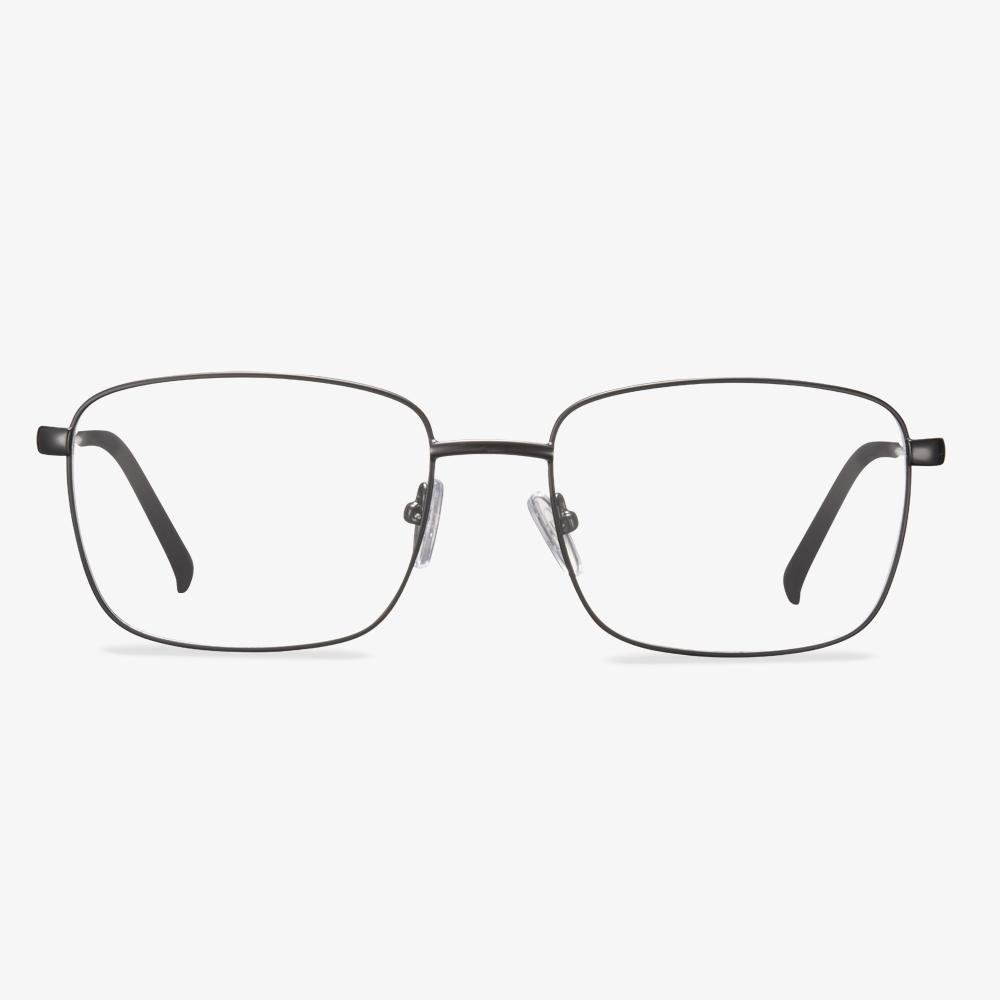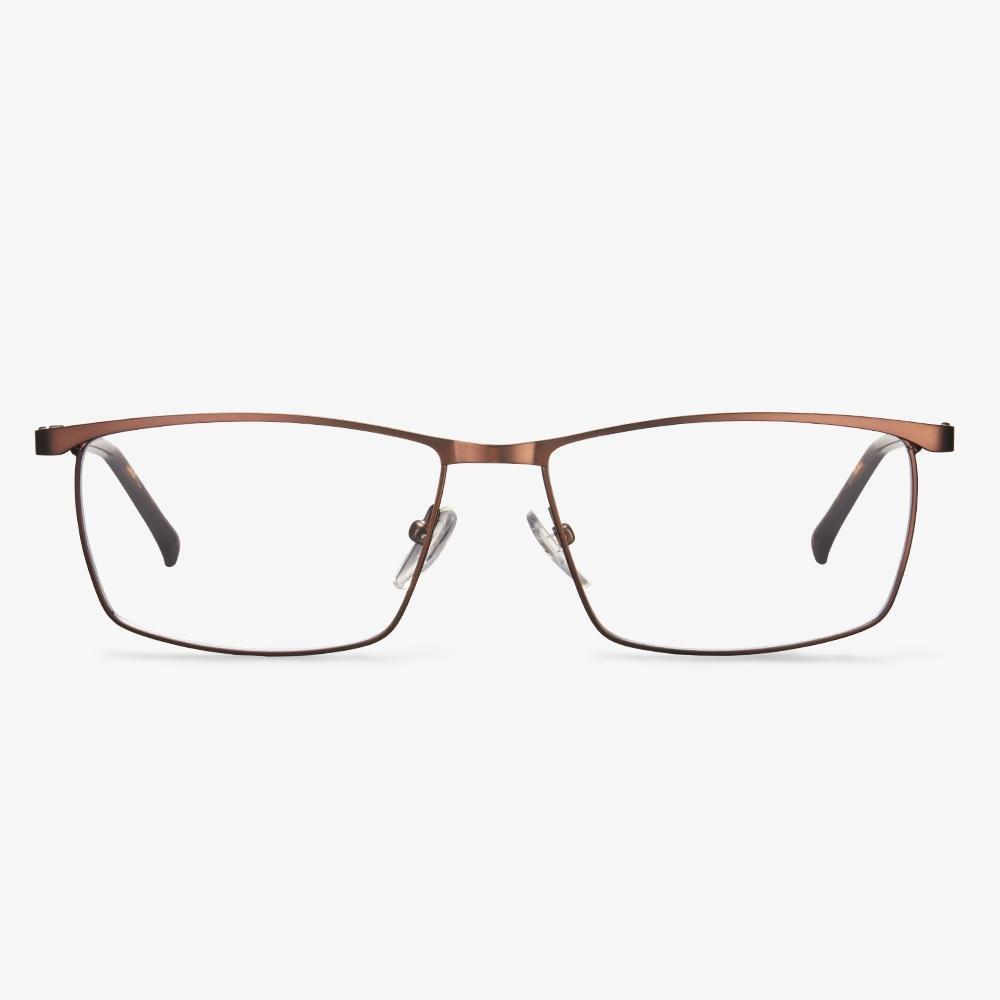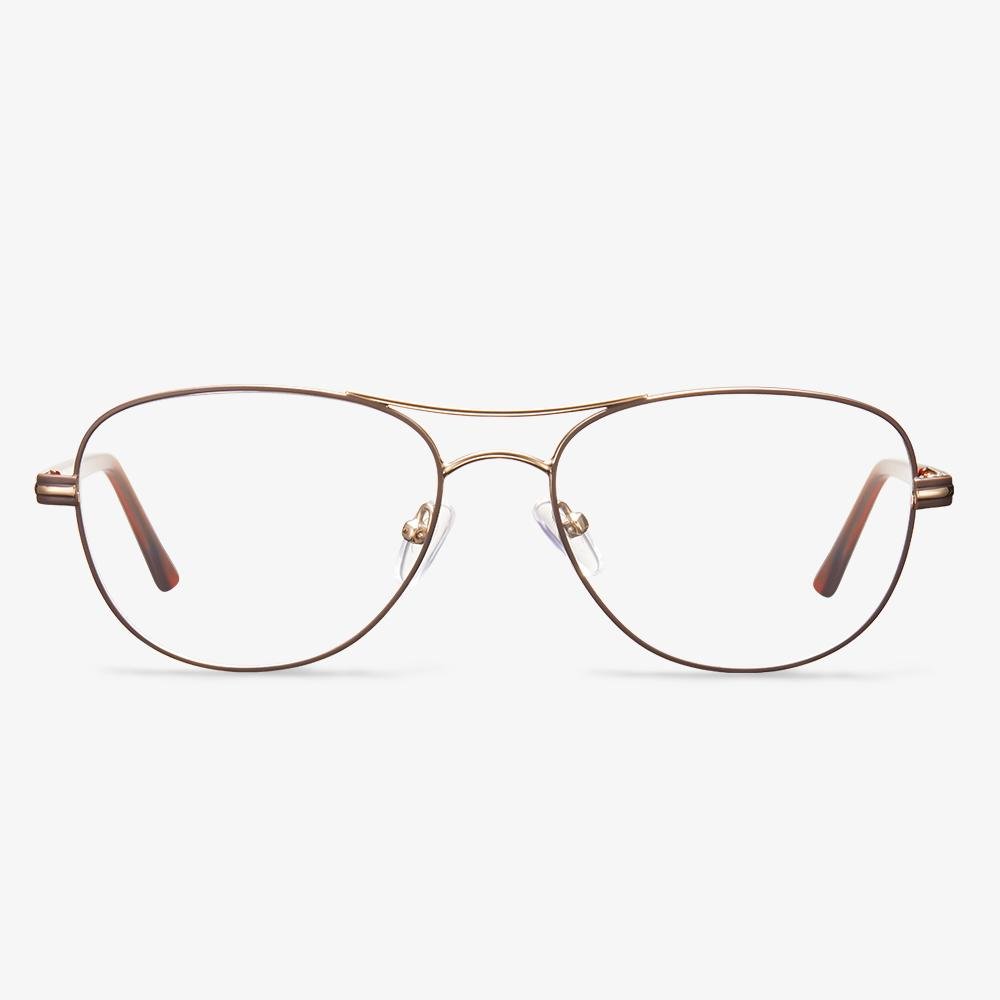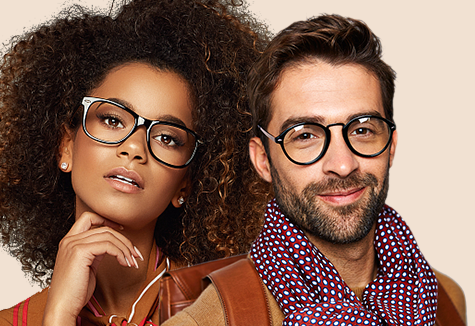In today's digital age, our lives revolve around screens. From smartphones and laptops to tablets and TVs, we're constantly exposed to the blue light emitted by these devices. While blue light has its benefits, excessive exposure can lead to digital eye strain, sleep disturbances, and other health issues. To combat these problems, many people turn to blue light blocking glasses. However, buying the right pair isn't as simple as it might seem. In this article, we'll explore the key factors to consider when purchasing blue light blocking glasses.
-
Blue Light Filtering Quality
The effectiveness of blue light blocking glasses largely depends on the quality of the lenses. Look for glasses that specifically mention their blue light filtering capabilities. High-quality lenses are designed to block a significant portion of harmful blue light while allowing essential blue light (which regulates our sleep-wake cycle) to pass through.
-
Lens Coating Type
Blue light blocking glasses come in different lens coatings, each with its benefits.
-
Anti-Reflective (AR) Coating: This coating reduces glare from screens and artificial lighting, making it easier on the eyes.
-
UV Protection: Some blue light glasses also offer protection against ultraviolet (UV) rays, which can be harmful when spending time outdoors.
-
Scratch Resistance: Consider glasses with scratch-resistant coatings to ensure durability.
-
-
Lens Color and Clarity
Blue light blocking glasses come in various lens colors, ranging from clear to amber or yellow. Clear lenses offer a more natural view of colors, making them suitable for professional settings. However, amber or yellow-tinted lenses are often preferred for evening or nighttime use, as they can help improve sleep quality by reducing the sleep-disrupting effects of blue light.
-
Frame Style and Comfort
Just like regular eyeglasses, blue light blocking glasses come in various frame styles. Choose a style that not only suits your face shape but also feels comfortable for extended wear. Lightweight frames with adjustable nose pads are often a good choice for comfort.
-
Blue Light Blocking Percentage
Pay attention to the percentage of blue light blocked by the glasses. Most quality blue light blocking glasses will filter out around 30-40% of blue light. However, some premium options may block up to 95% or more.
-
Prescription or Non-Prescription
Blue light blocking glasses are available both with and without prescription lenses. If you require vision correction, you can opt for prescription blue light blocking glasses. Non-prescription versions are suitable for those with 20/20 vision who want to protect their eyes from blue light.
-
Brand Reputation and Reviews
Research the brand and read customer reviews to ensure you're purchasing from a reputable source. A well-established brand with positive customer feedback is more likely to offer effective blue light blocking glasses.
-
Budget Considerations
Blue light blocking glasses are available at various price points. While premium options may offer advanced features and higher blue light filtering percentages, more budget-friendly choices can still provide effective protection. Determine your budget and seek options that align with it.
In













